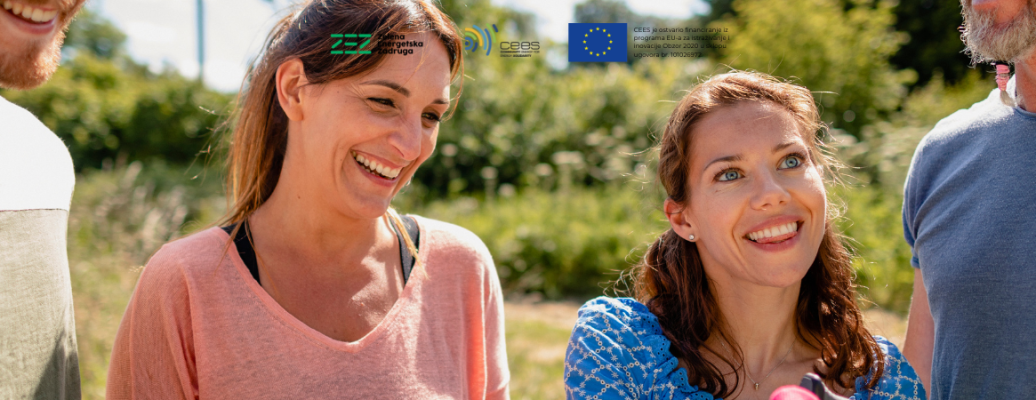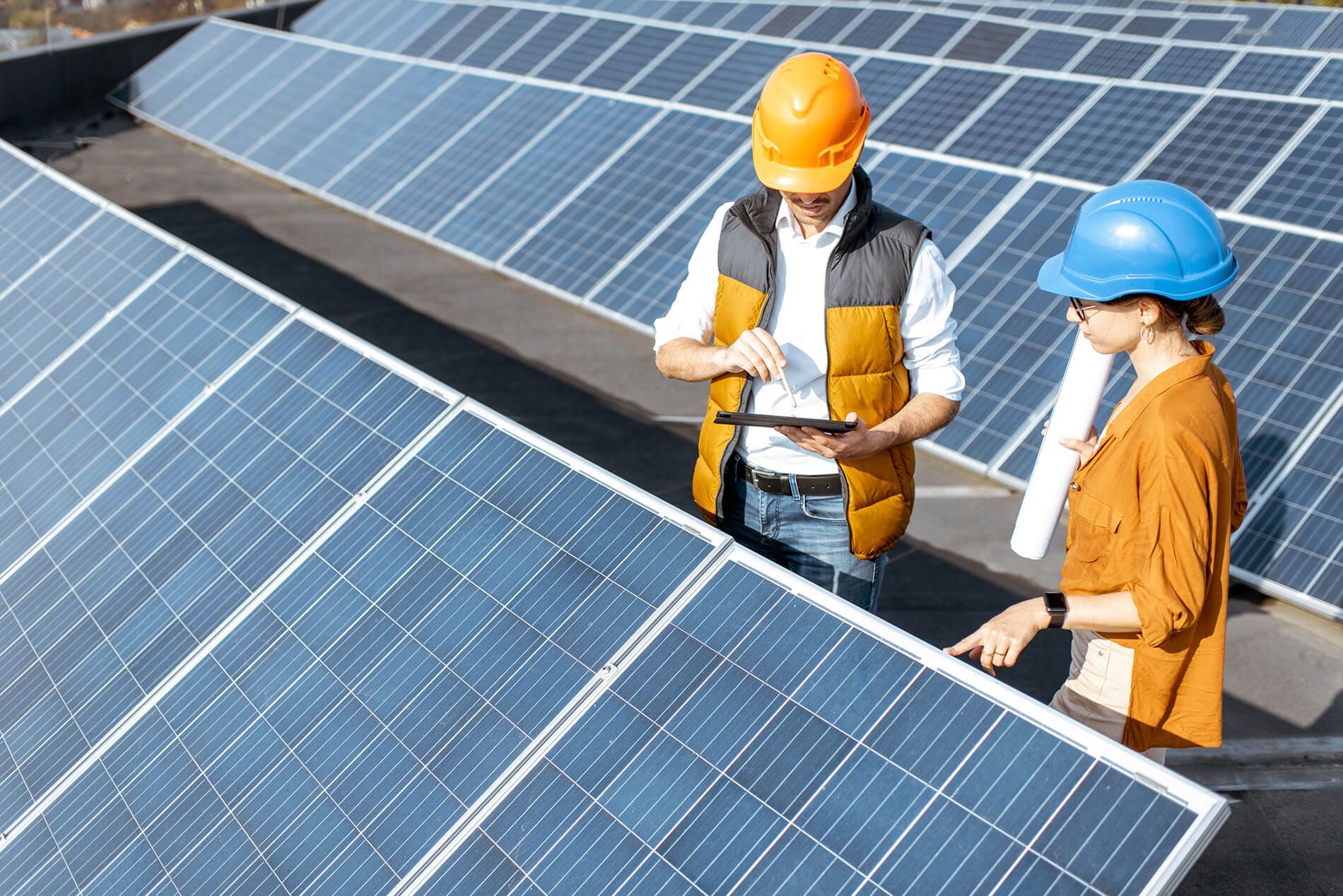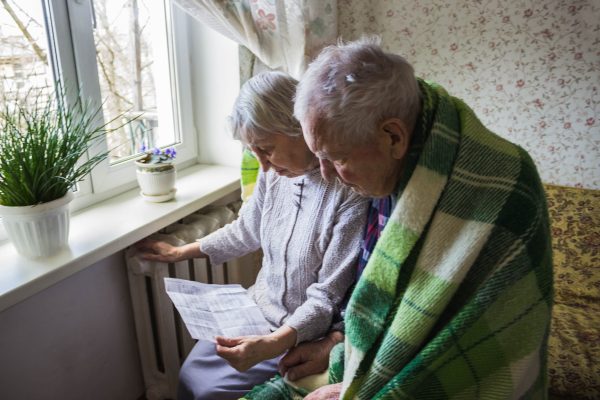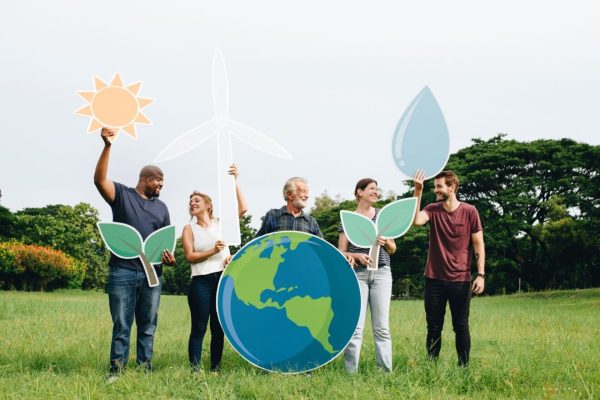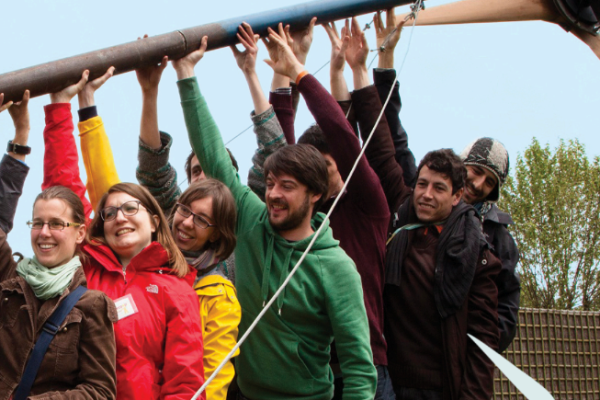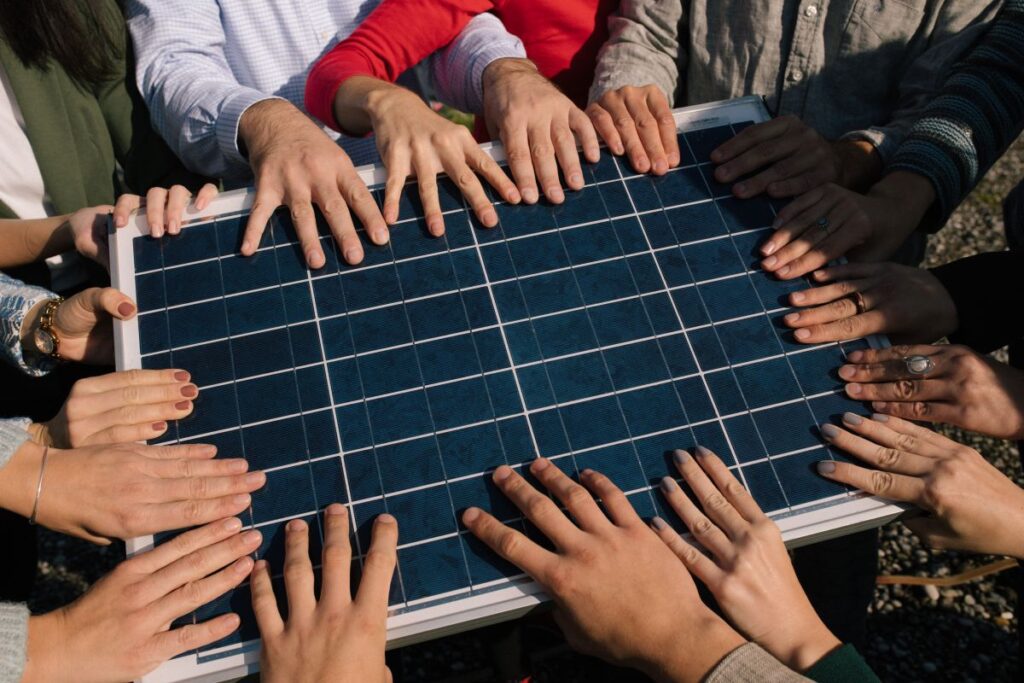With the recent EU directives that impose greater obligations on member states to tackle energy poverty and at the same time take advantage of the opportunities provided by energy communities, as part of the Community Energy for Energy Solidarity – CEES project, we participated in the creation of a manual to help energy communities in the development of business models and projects that address social issues in their local community.
Energy Solidarity Toolkit: Practical ways for energy communities to tackle energy poverty is based on the experiences of ZEZ and other partners of the CEES project during the implementation of activities to support households in energy vulnerable situations in the period from 2021 to 2024.
The activity that we carried out in the Green Energy Cooperative, and on which our insights in this toolkit are based, is the successful campaign Ease Their Troubles. Through this campaign we collected donations for energy-saving packages in the fall of 2022, which we then, along with educational counseling, gave away free of charge to 250 households at risk of energy poverty in the area of the City of Zagreb and Zagreb County.
The experiences of ZEZ and other CEES partners have shown room for progress in these areas:
- Offering energy solidarity services disrupts the typical business models of energy communities: while the delivery of social benefits, including cheap, clean energy, is the core mission of most energy communities, the human resources needed to undertake energy solidarity actions are difficult to absorb within existing business models.
- Working with vulnerable households requires different skill sets: energy communities typically employ people who have expertise in technical and policy issues. Identifying and engaging people facing energy poverty requires advanced “soft” skills that are more closely related to fields within the social sciences.
- Service delivery is more complex than expected: strengthening people’s understanding of energy and how to use it more wisely is a valuable mechanism to help them reduce their energy bills or feel more comfortable in their homes. Implementing tailored interventions (even small ones) is far more effective. However, all CEES partners revealed great indecision regarding the possibility of home visits by representatives of the energy community.
- Funding energy solidarity measures remains a significant challenge: CEES partners that previously provided such services relied heavily on grants to do so. Attempts at alternative funding methods during the project ended up with varying levels of success.
Through the toolkit, each type of energy solidarity mechanism that we undertook was evaluated in relation to: a) material costs; b) necessary human resources; and c) ease of replication. Although each mechanism comes with its own challenges, our experiences have shown that solutions exist, and the first step towards them is inclusiveness and altruism in thinking about solutions. A lot of useful next steps are offered in this very toolkit and as such we believe it will be helpful to many energy communities in determining what is feasible in relation to their resources.
